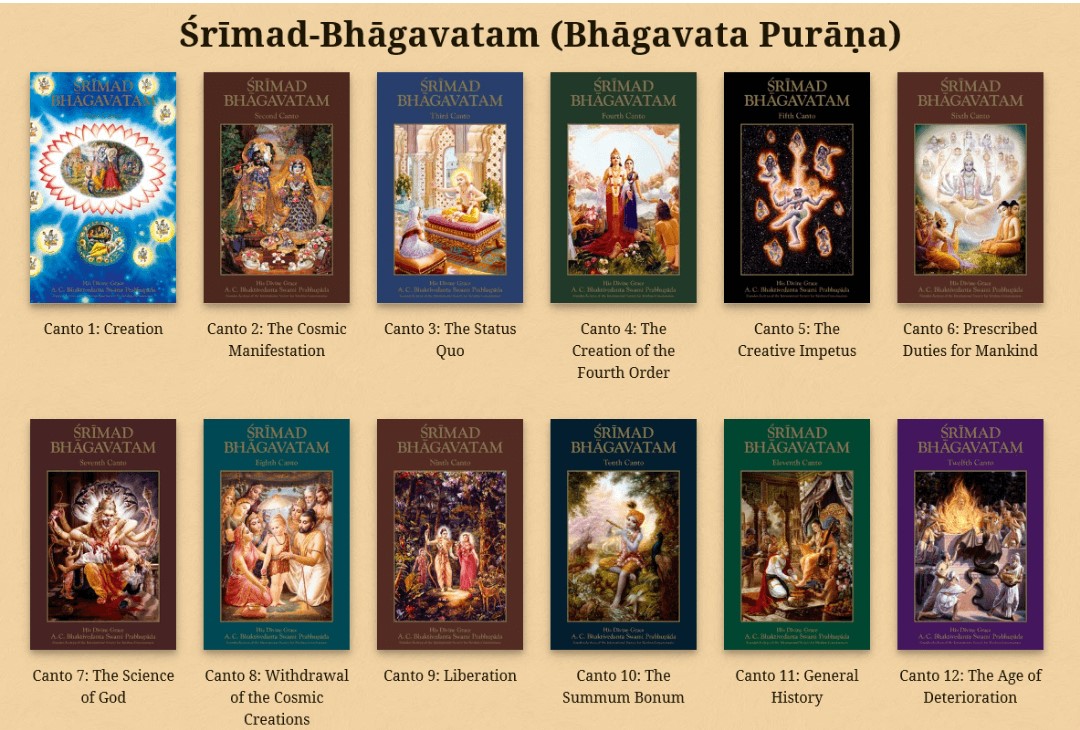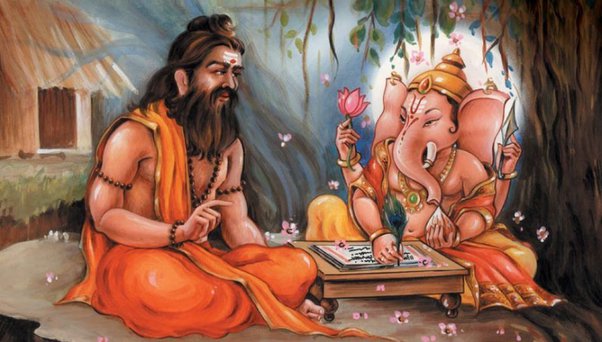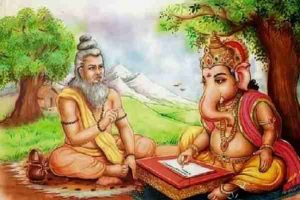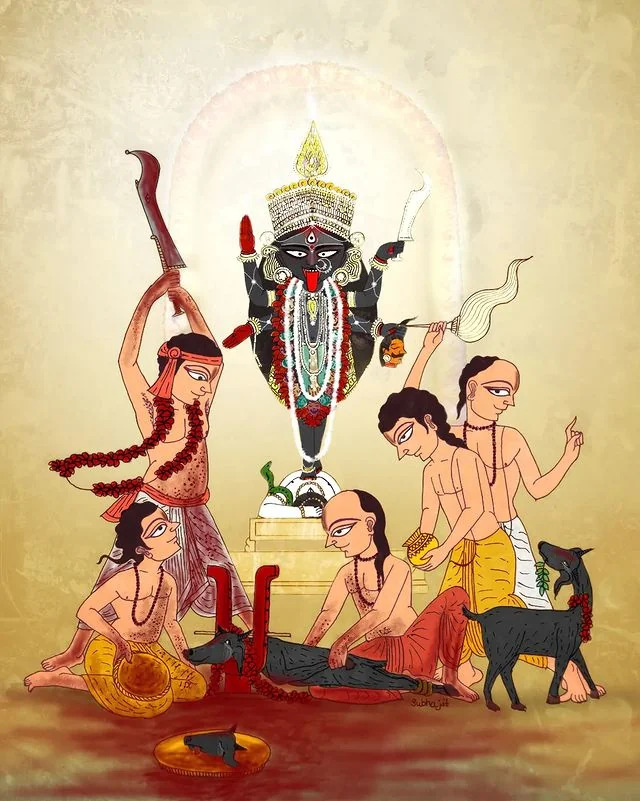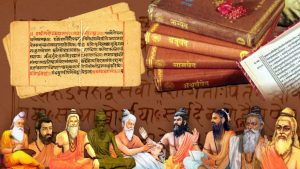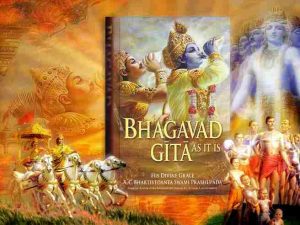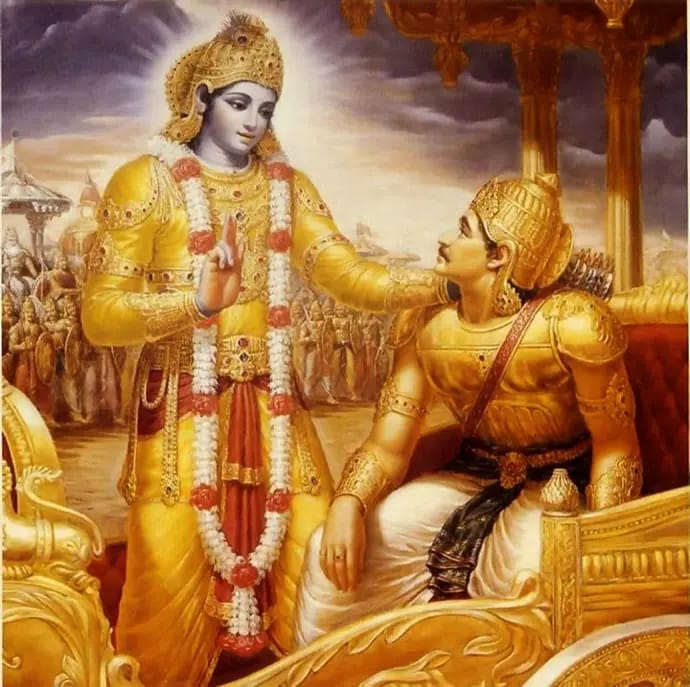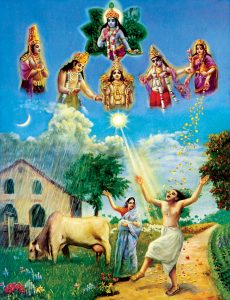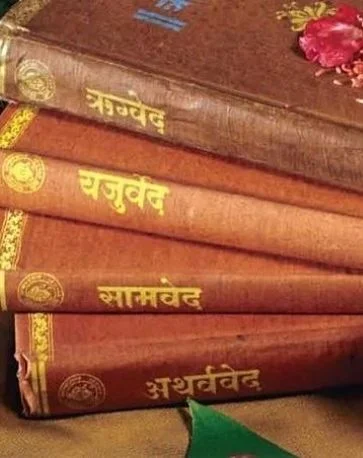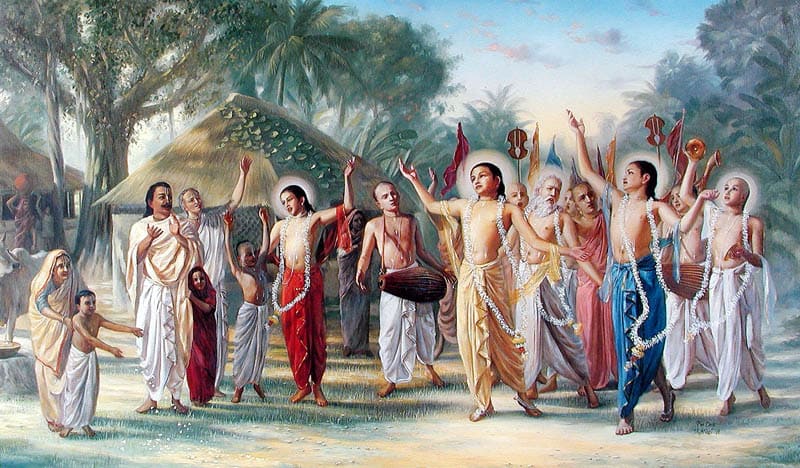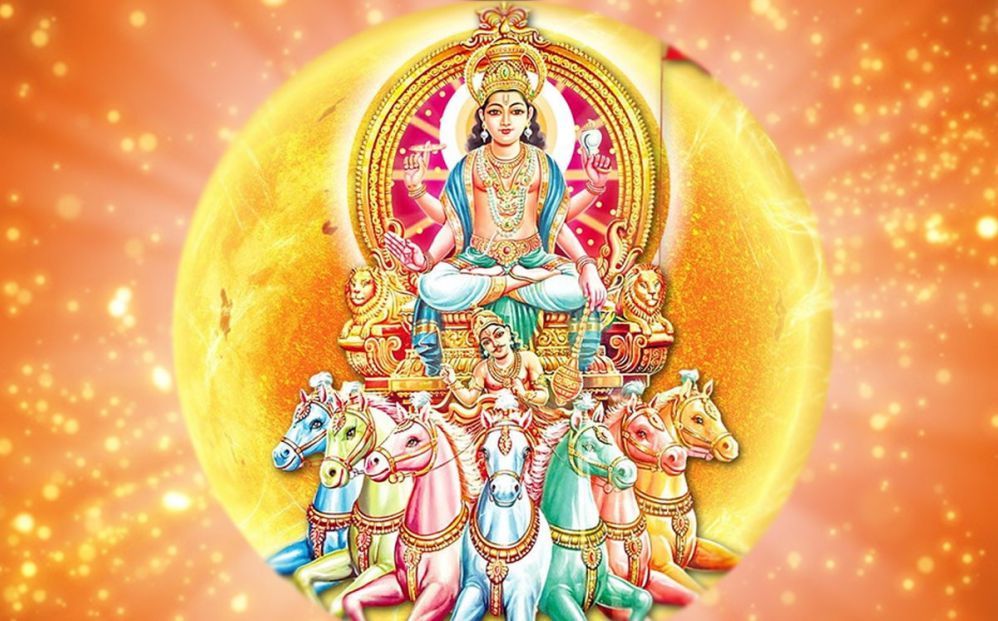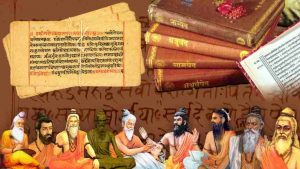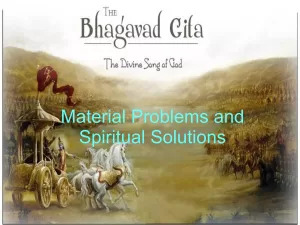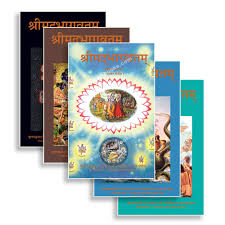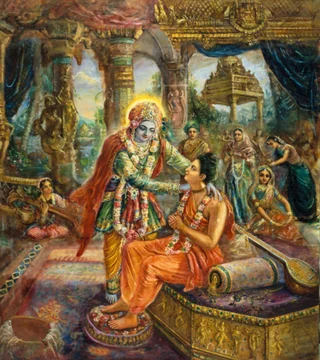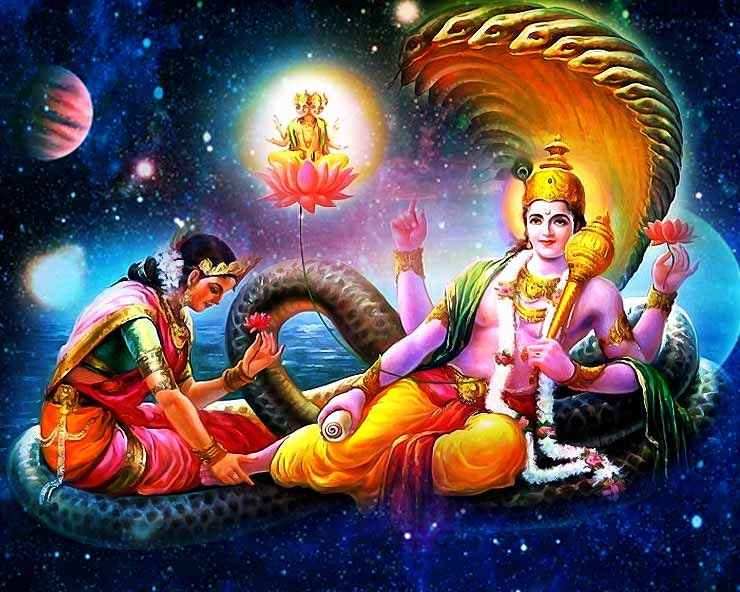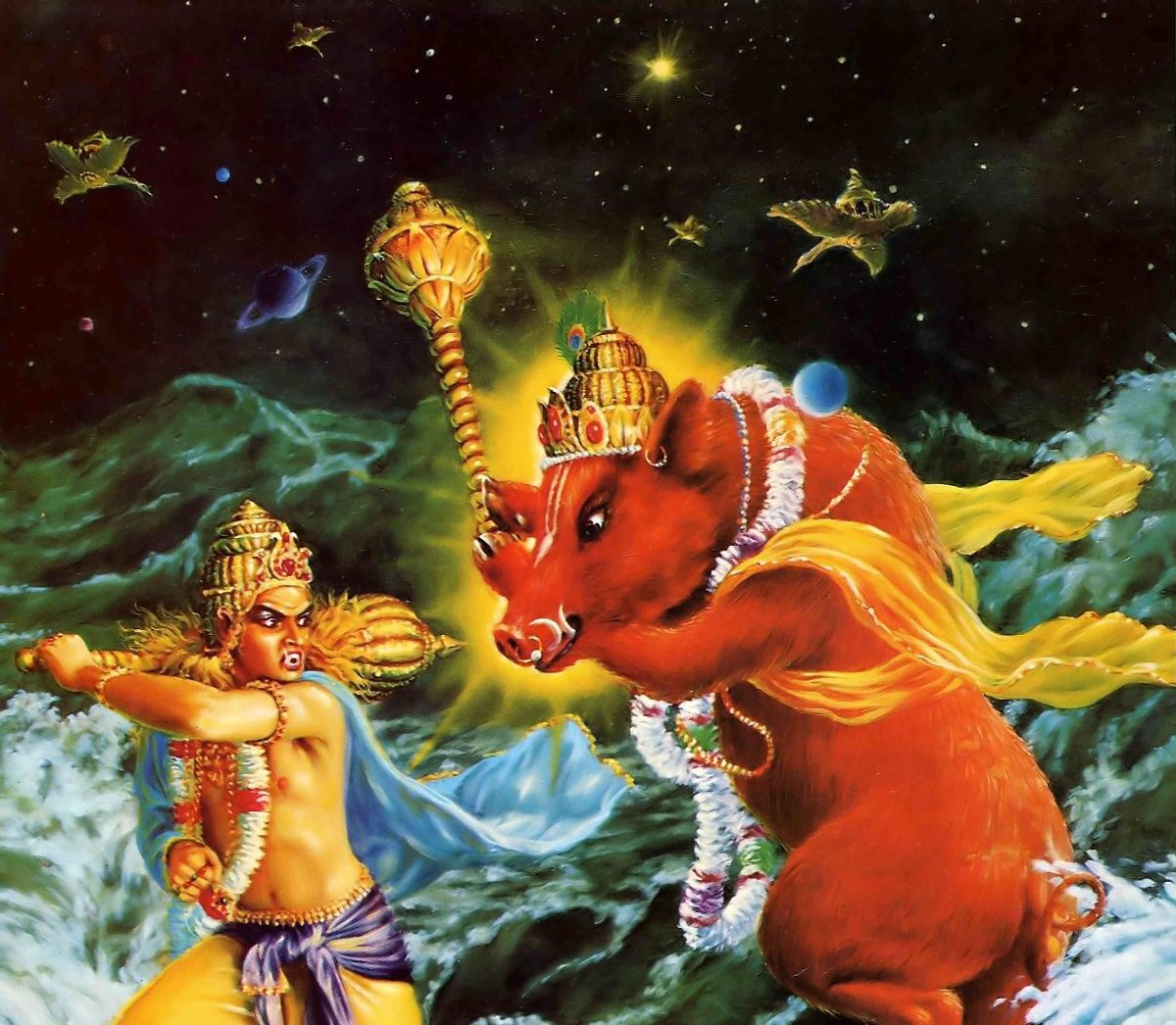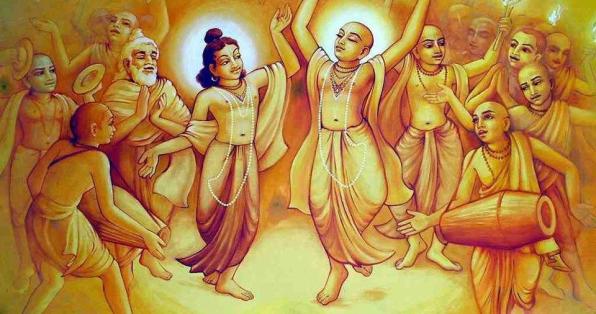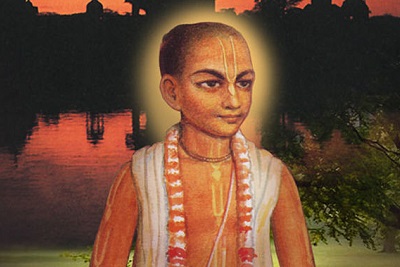What scriptures advice to promote religion?
The principles of religion, namely austerity, cleanliness, mercy and truthfulness may be followed by a follower of any faith. There is no need to turn from Hindu to Mohammedan to Christian or some other faith and thus become a renegade and not follow the principles of religion. The Bhagavatam religion urges following the principles of religion. The principles of religion are not the dogmas or regulative principles of a certain faith. Such regulative principles may be different in terms of the time and place concerned. One has to see whether the aims of religion have been achieved. Sticking to the dogmas and formulas without attaining the real principles is not good. A secular state may be impartial to any particular type of faith, but the state cannot be indifferent to the principles of religion as above-mentioned. But in the age of Kali, the executive heads of state will be indifferent to such religious principles, and therefore under their patronage the opponents of religious principles, such as greed, falsehood, cheating, and pilfery, will naturally follow, and so there will be no meaning to propaganda crying to stop corruption in the state.
Therefore the state should categorically stop all sorts of gambling, drinking, prostitution, and falsity. The state which wants to eradicate corruption by the majority may introduce the principles of religion in the following manner:
1. Two compulsory fasting days in a month, if not more (austerity). Even from the economic point of view, such two fasting days in a month in the state will save tons of food, and the system will also act very favorably on the general health of the citizens.
2. There must be the compulsory marriage of young boys and girls attaining twenty-four years of age and sixteen years of age respectively. There is no harm in coeducation in the schools and colleges, provided the boys and girls are duly married, and in case there is an intimate connection between a male and female student, they should be married properly without illicit relation. The divorce act is encouraging prostitution, and this should be abolished.
3. The citizens of the state must give in charity up to fifty percent of their income for the purpose of creating a spiritual atmosphere in the state or in human society, both individually and collectively. They should preach the principles of Bhagavatam by (a) karma-yoga, or doing everything for the satisfaction of the Lord, (b) regular hearing of the Srimad-Bhagavatam from authorized persons or realized souls, (c) chanting of the glories of the Lord congregationally at home or at places of worship, (d) rendering all kinds of service to bhagavatas engaged in preaching Srimad-Bhagavatam and (e) residing in a place where the atmosphere is saturated with God consciousness. If the state is regulated by the above process, naturally there will be God consciousness everywhere.
Gambling of all description, even speculative business enterprise, is considered to be degrading, and when gambling is encouraged in the state, there is a complete disappearance of truthfulness. Allowing young boys and girls to remain unmarried more than the above-mentioned ages and licensing animal slaughterhouses of all description should be at once prohibited. The flesh-eaters may be allowed to take flesh as mentioned in the scriptures, and not otherwise. An intoxication of all description–even smoking cigarettes, chewing tobacco or the drinking of tea–must be prohibited.
Source: A.C. Bhaktivedanta Swami Prabhupada (2014 edition), “Srimad Bhagavatam”, First Canto, Chapter 17 – Text 32 & 38

